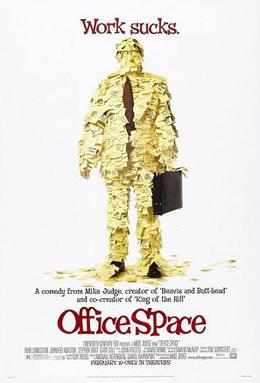
Surprise! The recession has diminished overall employee motivation and engagement. These days, you hear a lot about the importance of employee morale to the overall success of a business. Indeed, if you were to walk into the Business section of any popular book store, you will see entire shelves of books written by employers and CEOs, outlining critical techniques to boosting employee performance, and hence the overall productivity of the business. One big theory, which has come to be widely accepted, is that the more highly valued the employee feels, the better he or she will perform for his boss. This is why business have spent much time, energy and capital into developing programs and mechanisms towards making their employees feel valuable. Yet, how important are such techniques and how well do they fare in times of recession?
According to the Economist, not so well.
To test whether efforts to boost workers’ commitment were withstanding the recession, Quantum identified 210 companies whose workforces had responded to its surveys in the autumn of both 2007 and 2008. It found that 134 of those firms, or 64% of the total, had lower engagement scores in the second period than in the first. It said this was the first significant decline it had seen for many years.Unfortunately, it seems as though such "tangible" benefits -- salary, health care, benefits, etc. -- still matter the most.
This will come as a disappointment to some advocates of employee-engagement initiatives, who were convinced such efforts would be pretty much immune to the economic cycle. Such a belief was based on the assumption that people want much more out of a job than just money and other tangible benefits—or “extrinsic” incentives, in economists’ jargon. So in workplaces where employee-motivation schemes had been successfully implanted, cutting or freezing pay and conditions ought to have only a limited impact on job satisfaction.
One reason the Economist offers for the decline in employee engagement (aside from the obvious) is that perhaps the recession hinders employer ability to initiate these sorts of motivation techniques that they would normally in times of economic stability. This makes a lot of sense to me, and intuitively should be a large contributing factor. Motivating employees requires capital. In times of recession, capital is scarce. Hence, employers cannot motivate as they normally would, and overall morale declines.
However, I would like to see a more extensive study that controls for these sorts of variables. I wonder if such a survey could be given to business strictly that are known not to have diminished staff motivation schemes in periods of economic turbulence. This might let us know how effective such schemes really are.